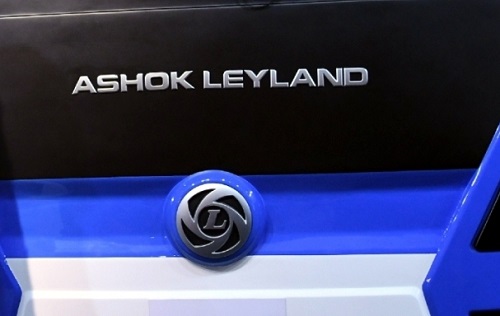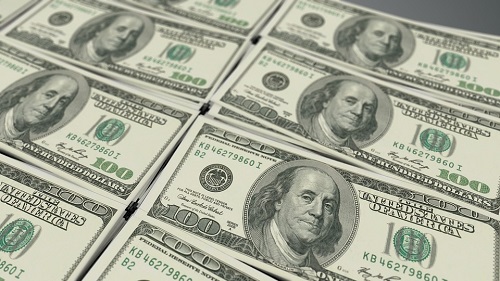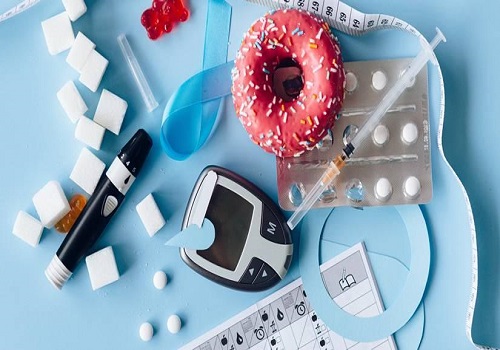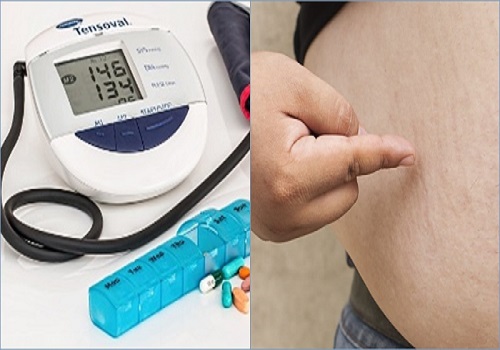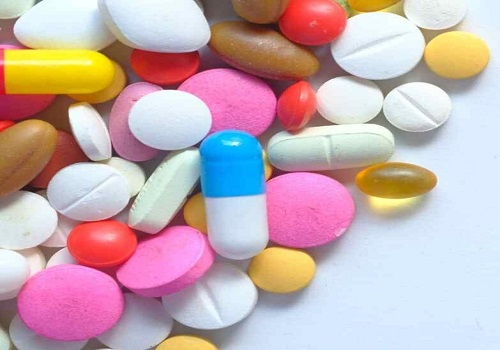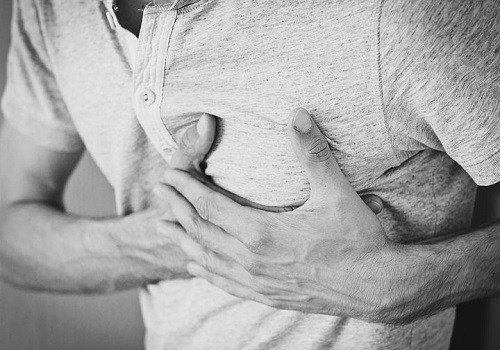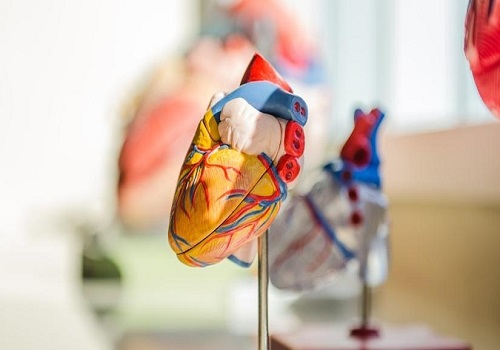Your low calorie drinks, food items may up heart attack, stroke risk
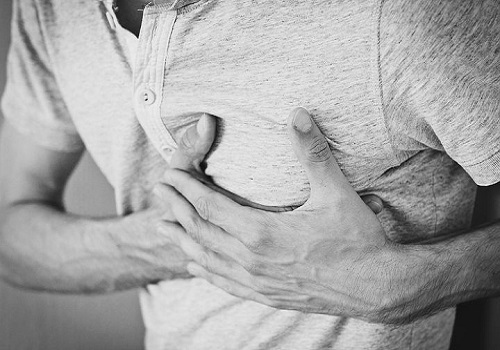
Follow us Now on Telegram ! Get daily 10 - 12 important updates on Business, Finance and Investment. Join our Telegram Channel
Trying to switch to drinks and food that are low on calories and carbohydrate to avoid sugar? These are often loaded with an artificial sweetener called erythritol and can raise your risk of a major adverse cardiac event such as heart attack, stroke or death, warned a study.
Erythritol is about 70 per cent as sweet as sugar and is produced through corn fermentation and often mixed to sweeten stevia, monk fruit or add bulk to low-calorie products.
The artificial sweetener is also used as a common replacement for table sugar and is often recommended for people who have obesity, diabetes or metabolic syndrome and are looking for options to help manage their sugar or calorie intake.
After ingestion, erythritol is poorly metabolised by the body. Instead, it goes into the bloodstream and leaves the body mainly through urine. The human body creates low amounts of erythritol naturally, so any additional consumption can accumulate.
Researchers from Cleveland Clinic in the US also found that erythritol, when added to whole blood or isolated platelets was found to make platelets easier to activate and form a clot.
The findings, published in the journal Nature Medicine, are based on a study of more than 4,000 people in the US and Europe.
"Our study shows that when participants consumed an artificially sweetened beverage with an amount of erythritol found in many processed foods, markedly elevated levels in the blood are observed for days -- levels well above those observed to enhance clotting risks," said Stanley Hazen, from Lerner Research Institute at Cleveland Clinic.
"It is important that further safety studies are conducted to examine the long-term effects of artificial sweeteners in general, and erythritol specifically, on risks for heart attack and stroke, particularly in people at higher risk for cardiovascular disease."












 320-x-100_uti_gold.jpg" alt="Advertisement">
320-x-100_uti_gold.jpg" alt="Advertisement">


